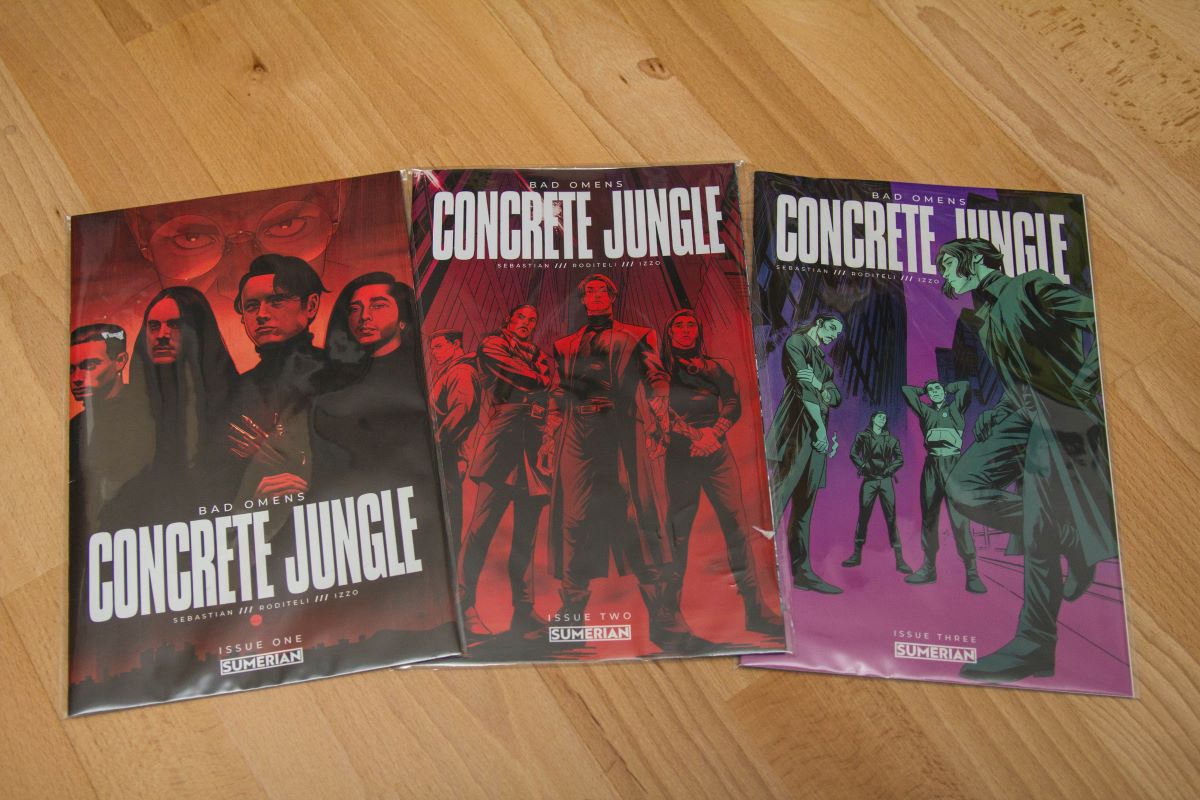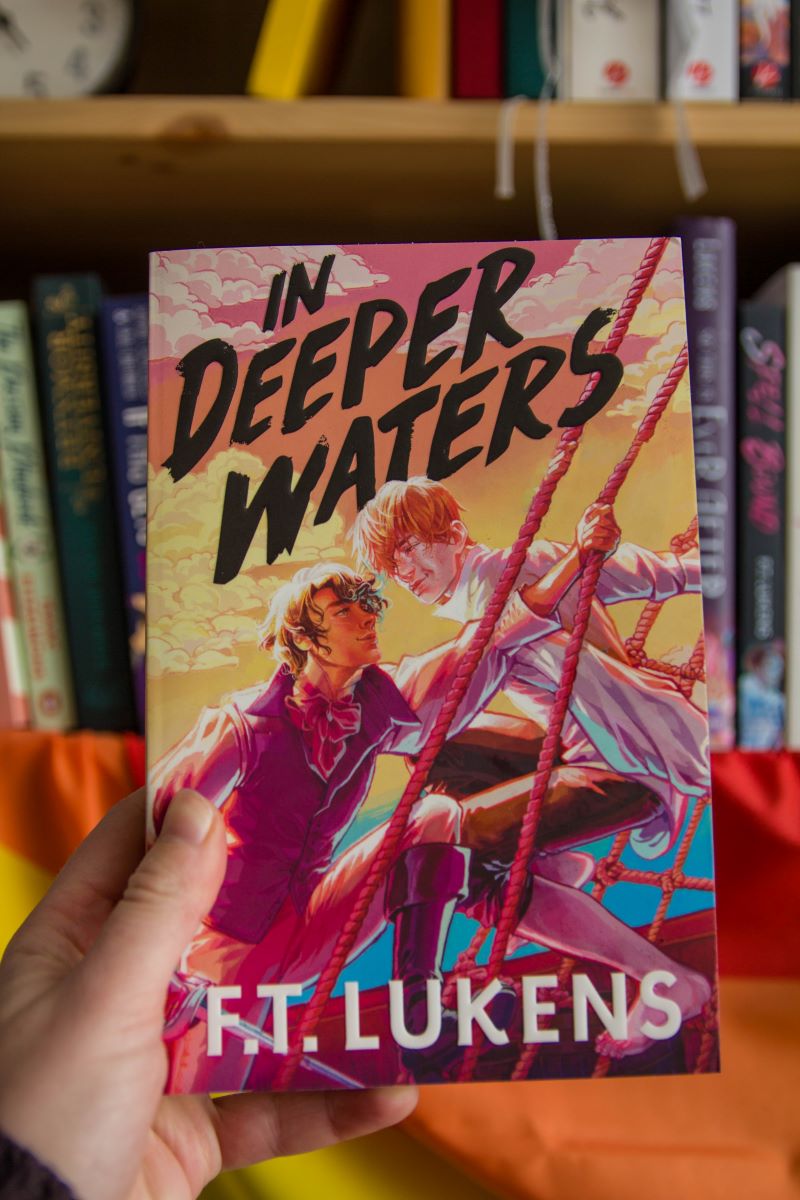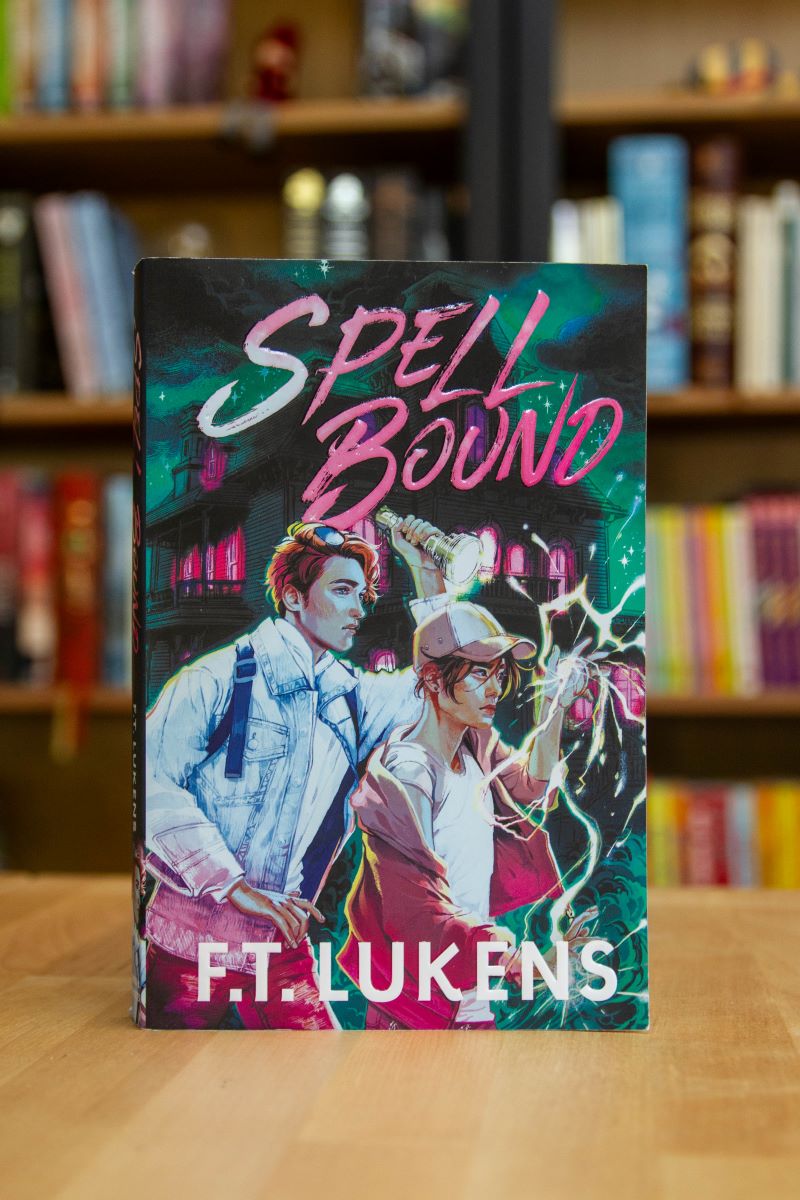
Book review: Alice Oseman – Loveless
One of the big struggles when you’re trying to find books covering all the letters of LGBTQIA+ is finding books that match the A. And I. Honestly, this is a call to action: if anyone has any book recommendations concerning Inter representation, drop them in the comments or send me an email.
Anyway, on the hunt for books representing aro/ace characters, I came across Alice Oseman’s novel Loveless. I hadn’t read any Alice Oseman books before, and I haven’t even watched the Heartstopper Netflix series, mostly because I used to be in a bubble where it was hyped so much that a typical thing happened that I observe in myself when I come across stuff that is hyped massively: I loose interest. But I wanted to give Loveless a chance and here’s how it went.
Short info: aromantic asexual protagonist, aro/ace side characters, bisexual side character, lesbian side character, WLW side romance, nonbinary side character
The plot
At the after party of their prom, Georgia is confronted with the fact that apparently everyone her age has a blooming sexuality, while Georgia herself is not only a virgin, but even unkissed. It gets even worse when she’s dragged into a game of Truth or Dare and sees the reactions of her peers after admitting that she has never kissed anybody. Under the pressure of feeling „abnormal“, Georgia decides to take the chance and kiss the boy she considers her long-time crush. Except that she finds out that she’s not really crushing on him, and that the idea of kissing someone or getting physically close in a sexual or romantic way disgusts her.
Confused and in fear of spending the rest of her life alone and loveless, Georgia wants to reinvent herself and make the best of her time at university. She just wants to live the life everyone her age is living: she wants to date, she wants to kiss someone and she wants to find true love. Only that things seem to be a lot more complicated for her because she can’t even tell who she finds attractive. For her, a journey of discovering herself and her sexual identity begins.
The characters
There’s really quite a big cast. The protagonist is Georgia, who has just graduated from high school and now gets into university. She’s a young girl who has never dated nor kissed anyone and the only crush she ever had was kind of made up. Georgia’s generally a rather shy, held-back character, kinda clumsy in her social interactions and rather fancies spending the night at home than enjoying the college lifestyle and partying. One of her big passions is theatre, despite her shy nature, which more or less brought her together with her two best friends Pip (Felipa) and Jason.
They’re described as a trio that outbalances each other’s energy: Felipa is the outgoing, colourful type of girl, Georgia the shy introvert and Jason a calm, smart guy who keeps both of them on the ground. Both play a major role in the book, as both get accepted at the same university as Georgia, but at a different college (if I remember correctly. So they live in the same town, but while Pip and Jason are still somewhat closer together because they live on the same school grounds, Georgia lives in a different building).
Furthermore, there’s Georgia’s college room mate Rooney – a very social, very sex-positive and very Shakespeare obsessed girl who seems a bit weird at first, but soon becomes a good friend for Georgia. And finally there’s Sunil, who is Georgia’s and Rooney’s college dad – and who will become part of the group of friends at some point throughout the book.
The cast is basically really diverse and the characters were more or less likeable.
My overall opinion
Hawww. It’s difficult. I am definitely not the target audience of this book. First of all, it’s obviously directed at Young Adults – and somehow I feel like it’s rather young than adult. And secondly, I can imagine that this book works kinda well for people who are struggling with finding their sexual identity, who are still in the process of finding out or accepting who they are or who only recently found out who they are. I don’t know how to put it into words any better, but I guess I’m just too old and too confident about my sexual identity to really find the book appealing. I feel like I’ve grown out of those stories where people have a crisis about their sexual identity and struggle a lot with accepting who they are. By now, I love reading queer books in which the issue is less „Oh my god, I am not a cis straight person“, but rather … either the struggles that come with society not accepting not-straight not-cis people (for example currently I’m reading Red, White and Royal Blue by Casey McQuiston, which is kind of a good example because the protagonists somehow struggle with their sexual identity – but mostly because their role in society makes it hard to impossible for them to live in a queer relationship) or fictional worlds in which being queer is so widely accepted that it’s not questioned and the plot can focus on something entirely different (like the books of F.T. Lukens or Legends and Lattes…)
So I think a lot I have to criticise about the book comes from the fact that I’m just not part of the target audience. For example I thought that the way Pip and Jason treated Georgia in some parts of the story was absolutely fricking horrible and especially Pip annoyed the shit out of me sometimes, but I guess a younger audience could relate more to that. I just rolled my eyes and thought that she sometimes was a massive bitch.
Also there are side characters who pop up in the story with … just very weird roles. Like there’s one guy whose only role in the story is to represent the „criticism“ aro/ace, bigender/nonbinary and other folk that’s not just the classical LGBT have to face from within the queer community. He’s presented as some kind of antagonist who doesn’t even get to be a proper antagonist, his appearance is shallow and I feel like there would’ve been more potential. And there’s another side character whose existence I questioned a lot because she’s there to make Georgia feel better about herself, but she just … pops up for a few chapters and that’s it and I personally thought that this is just super … over the top. For being a little more precise, I’ll hide my opinion behind a spoiler box.
Well… also I thought that some of the dialogues seemed kinda … unnatural and I don’t know. I had expected a little more from an author as hyped as Alice Oseman and one of the few popular books that represents aro/ace people. It was okay to read, it was kinda entertaining, but it also had me roll my eyes a lot.
I still wouldn’t say I hated it. I guess it can be relatable for some people, but it’s just not my taste.




